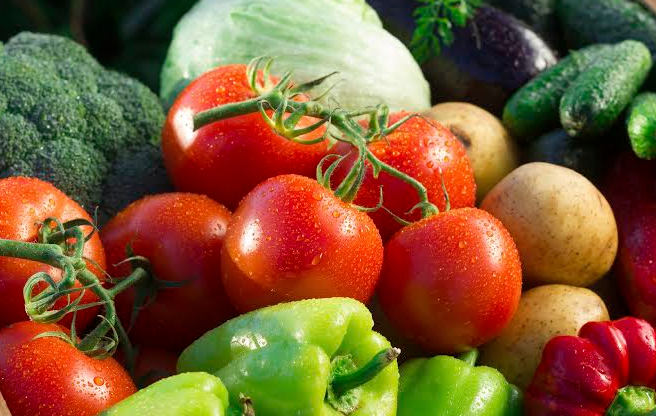Five ways to live a greener life in 2021
| Featured Article |
In 2020, we saw just how impactful global lockdowns were for the environment, with canals in Venice clearer than ever and wild animals roaming freely in locked-down cities. Climate change is still very much on our radars, even more so now that we’ve seen how directly our lifestyles impact the environment. But there is always more we can do to live a sustainable lifestyle, particularly once more countries leave lockdown behind and enter into a new post-Covid routine. Here we look at some of the ways you can live more greenly in 2021.

1. Grow your own produce
Growing your own fruit and vegetables is a fun and rewarding way to live green, especially when you consider the 1,500 miles the average supermarket produce has to travel before it reaches the shelves, consuming large amounts of fossil fuels in the process. Growing your own fruit and veg at home also means you’ll use less plastic packaging, since you can take it straight into your kitchen from outside. What’s more, you can also reduce how much food waste you generate, while your food will be free from fertilisers and pesticides, which can deplete the quality of the soil and cause chemicals to spread and leak into waterways.
2. Donate unused, in-date food to food banks
Instead of throwing away unused food and contributing to the rising global amount of food waste, you can give these items to food banks. As long as the products are unused, in-date and unopened, they will gladly accept them. Good examples of things to donate to food banks include tinned produce, pasta, cereal and biscuits, all of which can be taken directly to your local food bank, or dropped off at designated collections points at supermarkets. Not only does donating food help those in need, it also prevents food waste from ending up in landfill, where it contributes to a third of global greenhouse gas emissions. In fact, food banks across the globe mitigate an estimated 10.54 billion kilos of CO2 every year.
3. Recycle with care
Recycling has plenty of green benefits, such as helping to conserve natural resources like paper, glass and metal, while also helping to save energy and reduce climate-changing carbon emissions. Arguably, recycling properly is key to living a green life, though it’s only worthwhile if done correctly. For instance, if you fail to separate materials, this may contaminate an entire batch of recycling once your waste reaches the plant. There are also some items which shouldn’t be recycled at all, such as greasy pizza boxes, nail varnish bottles, and glass cookware. However, as Bywaters notes, when the system works, recycling can help bring about some extremely positive changes. Food waste, for example, is diverted into “anaerobic digestion facilities which uses the gases given off by decomposing food to produce energy, saving waste and helping power London and the UK.”
4. Switch to greener utilities
Ethical banks tend not to fund companies who are responsible for fossil fuels, and try to support a fair and sustainable economy. There are a few green banks available, such as Triodos, which has invested more than £6 billion in projects that benefit people and the environment, and the Ecology Building Society — the UK’s only dedicated green mortgage provider — while the Co-Operative Bank is an excellent mainstream choice with a solid ethical policy. You can also switch to an energy provider that uses renewable energy to produce its fuel, with some of the best green energy companies including Bulb, Ecotricity and Octopus. These businesses offer customers digital app management to avoid using paper, while also ensuring that all energy is generated from an eco-friendly source. Some even guarantee to provide 100% green electricity, which means that your home energy will be derived from renewable sources such as wind, solar, and hydro, rather than fossil fuels like gas and coal.
5. Reduce your meat intake
Another way of living more greenly is by reducing the amount of meat in your diet, which helps to reduce the volume of greenhouse gases generated through the production and transportation of meat products. For instance, livestock in Europe produces more greenhouse gases every year than cars and vans combined, while our food system contributes to 21-37% of global emissions. Reports have also suggested that limiting meat consumption can lower your carbon footprint, and your contribution to deforestation.








